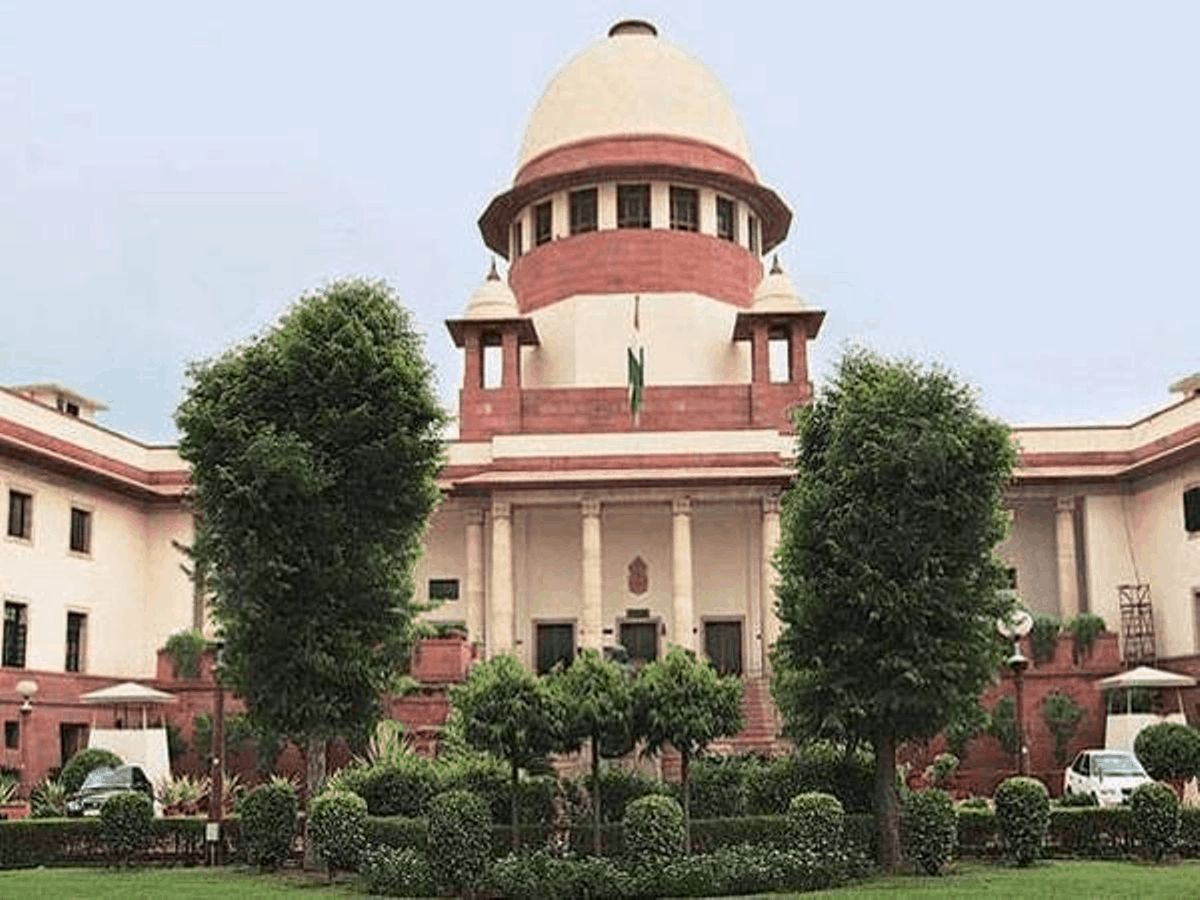
New Delhi: The Supreme Court has said that the personal liberty of a person is one of the oldest concepts to be purported by national courts, and by lodging juveniles in adult prisons amounts to a deprivation of their personal liberty on multiple aspects.
A bench comprising Justices Surya Kant and J.B. Pardiwala said the concept of personal liberty has received a far more expansive interpretation and the notion accepted today is that liberty encompasses these rights and privileges which have long been recognised as being essential to the orderly pursuit of happiness by a free man and not merely freedom from bodily restraint.
“There can be no cavil in saying that lodging juveniles in adult prisons amounts to deprivation of their personal liberty on multiple aspects”, said the bench, in a judgment delivered on Monday.
It further added, “Personal liberty of a person is one of the oldest concepts to be purported by national courts. As long ago as in 1215, the English Magna Carta provided that: “No free man shall be taken or imprisoned…. but….. by law of the land’ “.
The bench noted that awareness about the rights of the child and correlated duties remain low among the functionaries of the juvenile justice system. It emphasised that once a child is caught in the web of the adult criminal justice system, it is difficult for the child to get out of it unscathed. “The bitter truth is that even the legal aid programmes are mired in systemic bottlenecks and often it is only at a considerably belated stage of the proceeding that the person becomes aware of the rights, including the right to be differently treated on the ground of juvenility”, said the bench.
The top court made these observations while hearing a plea by a murder convict “who claimed to be a minor at the time of commission of the offence – undergoing life imprisonment.” The petitioner, whose conviction was upheld by the apex court in 2016, sought directions to the Uttar Pradesh government for verification of his exact age.
Advocate Rishi Malhotra, appearing for petitioner Vinod Katara, said his client had not raised the plea of juvenility, yet the law permits him to raise such a plea even at this point of time having regard to the provisions of the Juvenile Justice (Care and Protection of Children) Amendment Act, 2011.
The petitioner also got access to the family register certificate, where his year of birth was shown 1968, and claimed he was 14 years-old, at the time of commission of offence.
The bench noted: “It appears that sometime later, the writ applicant was in a position to obtain a document in the form of Family Register dated 02.03.2021 issued under the U.P. Panchayat Raj (Maintenance of Family Registers) Rules, 1970. In the Family Register certificate, the year of birth of the writ applicant herein is shown as 1968”.
It noted that it is the documentary evidence placed on record that plays a major role in determining the age of a juvenile in conflict of law.
The top court said despite all the odds against the writ applicant, it would still like to look into the matter in the larger interest of justice and directed ossification test for the petitioner at the Civil Hospital, Allahabad or any other latest medical age determination test. It further added that such tests shall be carried out by a team of three doctors, one of whom should be the head of the Department of Radiology.
“We direct the Sessions Court, Agra to examine the claim of the writ applicant to juvenility in regard with law within one month from the date of communication of this order”, it said.
The top court directed sessions court to verify the family register cited by the petitioner. “This document assumes importance, more particularly in the light of the fact that the ossification test report may not be absolutely helpful in determining the exact age of the writ applicant on the date of incident. If the Family Register on record is ultimately found to be authentic and genuine, then we may not have to fall upon the ossification test report”, said the bench.
